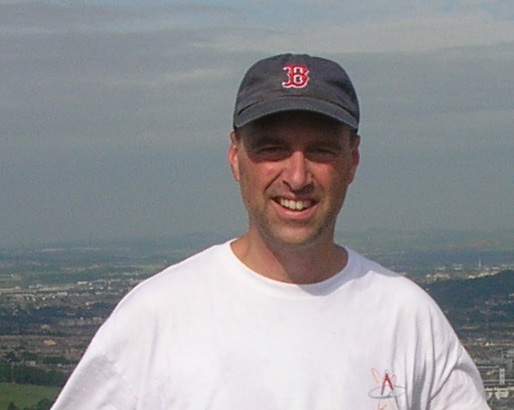Citizen Engineer: The Book is Out!
This week our book, Citizen Engineer, made it out the online bookstores and is supposed to hit the bricks-and-mortar stores next week. The book was written by myself and Sun’s CTO Greg Papadopoulos, with tons of help from John Boutelle. Of course its also important to recognize our publisher, Greg Doench, at Prentice Hall.
The website for the book is citizenengineer.org, and there are links there for buying the book at Amazon (paper or Kindle), from the publisher, and other book sellers. PDF’s of the book are also available there under a Creative Commons license.
We also plan to use the website to publish further content, publicize events related to the book, and provide forums for discussion of the book’s topics (some of this is there today, and the rest will be very soon).
So why did we write this book?
After the turn of the century, Greg and I began to notice some recurring themes in our work with the engineers at Sun Microsystems and elsewhere.
First, an increasing number of engineers, especially those right out of school, were expressing a desire to “make a difference”. Some had a hobby or activity they were already invested in outside of the office, while others were searching for something that would make them more fulfilled. Many were also bringing that sense into the office, and trying to see how they could use their job to make a difference beyond the bottom line of Sun.
Second, the world at large was asking more of engineers. Public knowledge about topics like recycling, copyright, privacy, and climate change translated into new demands on manufacturers of products and services, which, in turn, required new ways of thinking in engineering.
Generally this was good news: we have engineers who want to make a difference, and a public which has rising expectations of them. In 2006 Greg wrote the first blog post about this entitled Charting a Course from Recent Grad to “Citizen Engineer”, which launched a more focused discussion of Citizen Engineers and their role in the coming years.
However, as we began to discuss this more, it quickly became clear that engineers, including ourselves, had missed out on some important topics during our educations. In particular, engineers were being asked to make increasingly complex decisions about environmental impact and intellectual property, but had never had any formal training in either area.
So we set out to write Citizen Engineer with a couple of goals in mind. First, we wanted to promote the idea that engineers could, and should, take a more visible role in shaping our future world. Second, we wanted to fill in some of the basic knowledge gaps that we found to be widespread through the engineering community. Finally, we had a point of view about the role of engineering and how to approach these complex issues which we wanted to get across.
While we feel like the book does a great job of meeting these goals, engineers are in a rapidly changing environment. We hope to use the website, along with updates to the book, to try to move the discussion along and keep it current.
